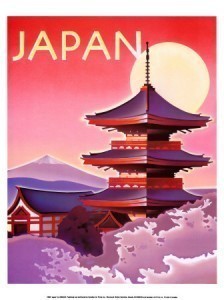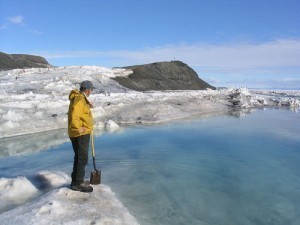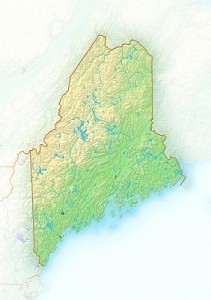How Big is Japan?
An island country nicely situated within the eastern part of Asia,  Japan is often called the ‘Land of the Rising Sun.’ It is surrounded by the Sea of Okhotsk to the north, East China Sea to the south and the Sea of Japan to the east. It is comprised of 6,852 islands, the biggest of which are Shikoku, Kyushu, Hokkaido and Honshu. Worldwide, it is considered the 10th largest in terms of population, with more than 128 million people. Aside from these basic facts, there are other interesting things to learn about it including the size of Japan.
Japan is often called the ‘Land of the Rising Sun.’ It is surrounded by the Sea of Okhotsk to the north, East China Sea to the south and the Sea of Japan to the east. It is comprised of 6,852 islands, the biggest of which are Shikoku, Kyushu, Hokkaido and Honshu. Worldwide, it is considered the 10th largest in terms of population, with more than 128 million people. Aside from these basic facts, there are other interesting things to learn about it including the size of Japan.
The Size of Japan
How big is Japan? In terms of total land area, Japan ranks 61st in the world, which measures 145,883 square miles or 377,873 square kilometers. Its capital city is Tokyo, which is also the largest in the country, measuring 2,187.08 square kilometers. Approximately 70 percent to 80 percent of the country is not suitable for use in residential, industrial and agricultural purposes because it is mountainous and forested.
Additional Facts and Other Interesting Details
The largest city in Japan is Tokyo, with an estimated population of more than 8,483,050. It is then followed by Yokohama, Osaka and Nagoya as the second, third and fourth largest cities in the country respectively. Sapporo is the fifth, Kobe ranks sixth and Kyoto owns the seventh spot. To complete the top ten biggest cities in the country are Fukuoka on the eighth, Kawasaki on the ninth and Saitama on the tenth spot.
Although the size of Japan is not that big compared to other highly progressive countries, it boasts of a strong, stable and progressive economy. In fact, it has the second largest economy all over the globe. It has a nominal gross domestic product of more than $5 trillion. Furthermore, it comes right after the United States and China when it comes to purchasing power parity.
The major industries in the country include real estate, insurance and banking. Aside from these, its economy receives major boost from telecommunications, transportation and retailing. In addition to its strong industrial capacity, it is also considered the most technologically advanced and biggest producers of machine tools, electronic equipment as well as motor vehicles. Although it has a shrinking labor force made up of more or less 67 million workers, its unemployment rate is very low, which is only around 4 percent.
Japan plays home to some of the biggest companies in the world like NTT DoCoMo, Nintendo and Toyota. Likewise, it also has other major business enterprises such as Nippon Steel, Sony and Honda. Moreover, this country also has a very strong export market, which includes China, the European Union and the United States.





